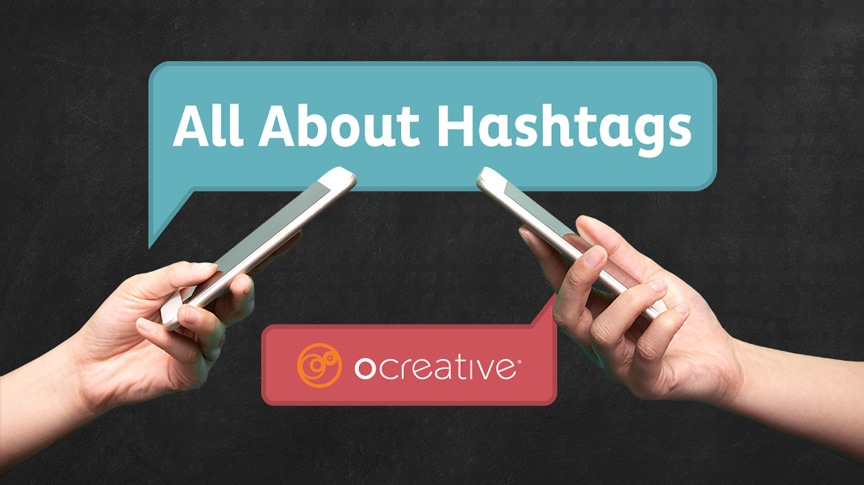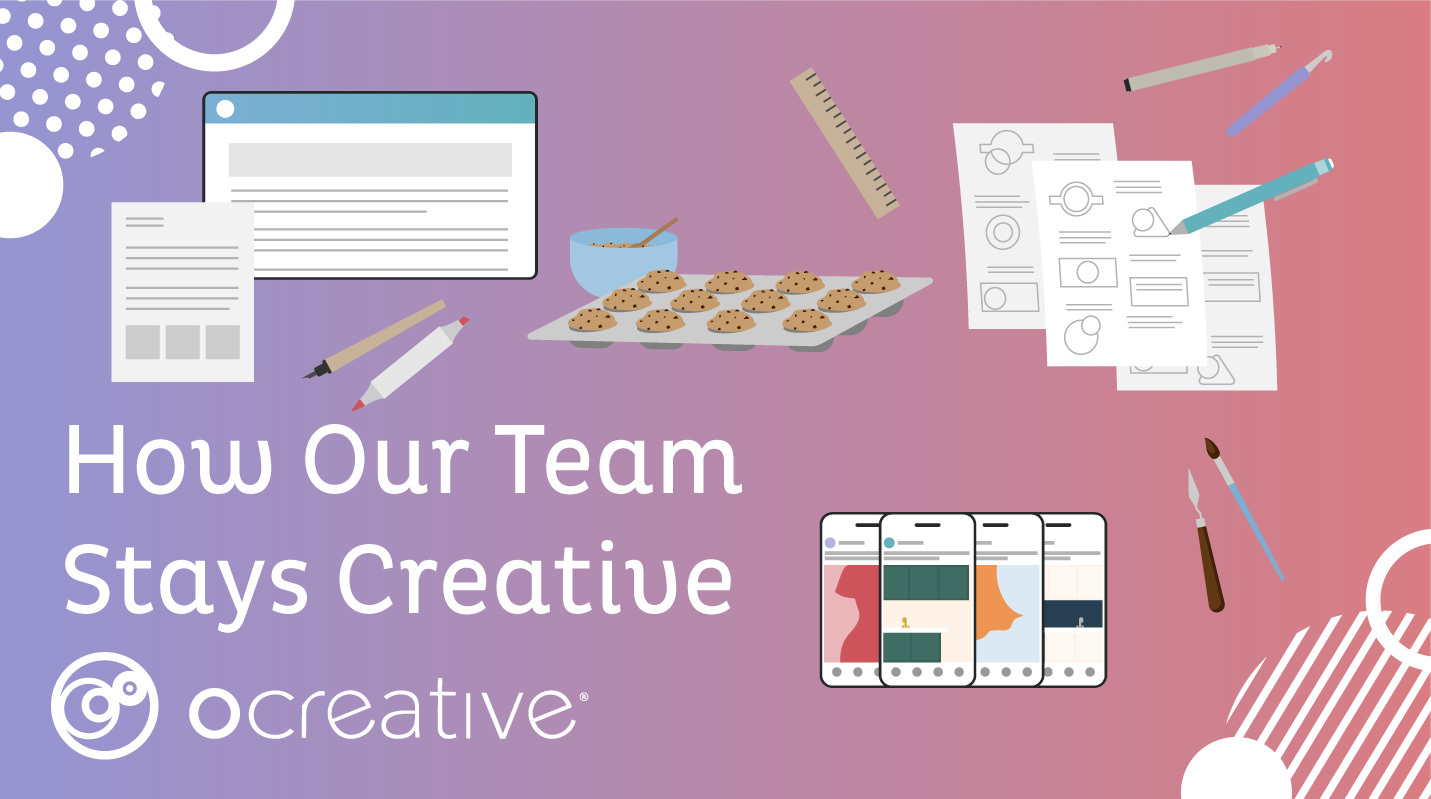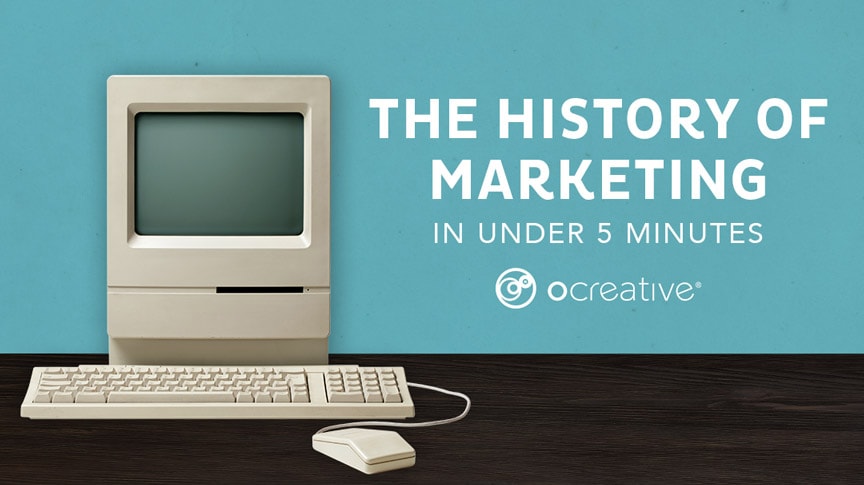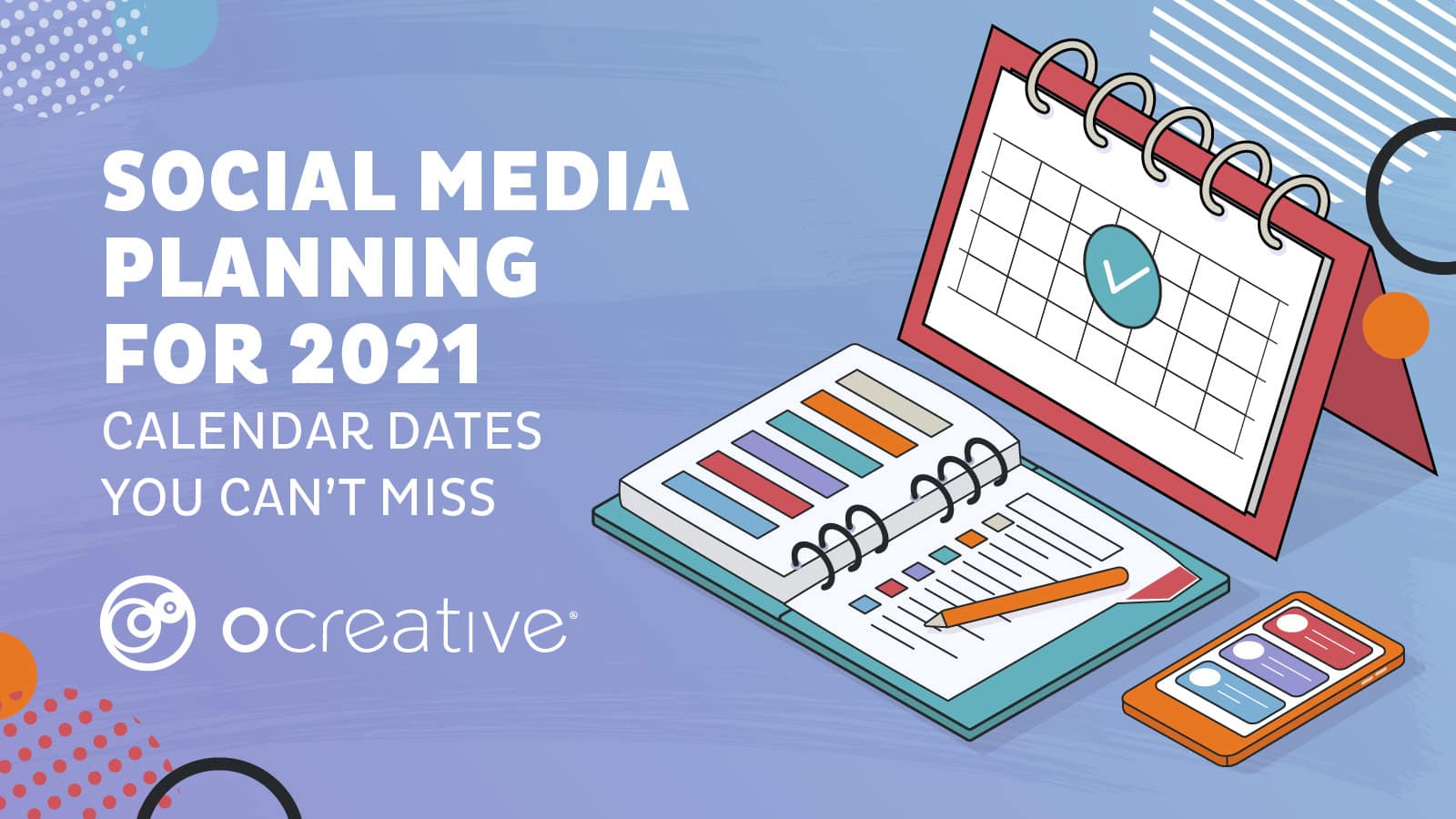You hear it everywhere, hashtag this, hashtag that! But what exactly is a hashtag? Hashtags are a function of social media platforms that help boost posts to a greater audience by attaching a post to a keyword that consolidates all posts with that same keyword into one place, generally a social media feed. Facebook most recently introduced the hashtag to its platform in 2015 (Sprout Social), which begs the question – are hashtags still important for marketers or have them become more social than useful? Read on for a crash-course in hashtags.

What is a Hashtag?
Hashtag was declared the Word of the Year for 2012 (Visual Thesaurus) and by definition is “A word or phrase preceded by a hash sign (#), used on social media websites and applications, especially Twitter, to identify messages on a specific topic” (English Oxford Living Dictionaries).
Why are Hashtags Used?
Hashtags are used across various social media platforms to categorize user posts or tweets so they can be more easily found and make it a part of a larger conversation topic. They are used after a caption or sentence to summarize the topics it contains. This makes it easier for users to search trending topics or related articles of interest.
Additionally, hashtags are a way for users to interact with marketing posts aside from links or Call-to-actions.
Hashtags can help you identify what your followers are interested in and what is currently trending allowing you to leverage that information to tailor your social media campaign. Known as “social listening” this type of monitoring provides analytics on how many posts have used a specific hashtag and can guide you on what topics to elaborate on and post about more often. (Sprout Social)
Hashtags can also help to increase engagement and interactions with your post. For example, on Instagram, posts with hashtags receive 12.6% more engagement than those without hashtags (Sprout Social). On Twitter, the results are even more significant: “Tweets with hashtags had 2 times more engagement than those without, and 55% more Retweets” (Sprout Social).
When to Use Hashtags on Social Media
Hashtags have a variety of uses – they can be used to promote and tag your brand or used as a slogan. You can even use hashtags to promote special events.
Hashtags can also be used for:

Promotions

Events & Product Launches

Contests

Cross-Channel Discussions
Career Opportunities

Targeting
How to use Hashtags on Social Media
Hashtags can be used across a variety of social media platforms including Twitter, Facebook, and Instagram. The use of hashtags varies slightly across platforms, but one thing remains the same: hashtags are searchable within the search bar and clickable within a post or tweet across platforms. If a user searches a hashtag or clicks on one directly from a post, they will see the most popular or recent posts using that hashtag. Users can then look through all the posts pertaining to that specific hashtag. Check out the specific hashtag requirements for each platform below:
Facebook hashtags
- You cannot use spaces within a hashtag
- Numbers can be incorporated, but you cannot use punctuation or special characters
- Hashtags are searchable within the search bar and clickable within the post
- “Facebook posts with 1 to 2 hashtags receive 177 more interactions on average per post compared to those with 3-5 hashtags” (Sprout Social)
(Facebook)
Twitter hashtags
- There is a limit of 280 characters per Tweet including hashtags
- Use the recommended 1 or 2 hashtags per Tweet
- There is no limit on the number of hashtags you can use as long as it’s within the 280-character limit
- You cannot have spaces or punctuation within a hashtag
- Hashtags are searchable within the search bar and clickable within a Tweet
(Twitter)
Instagram hashtags
- There is a maximum of 30 hashtags per post
- Numbers can be incorporated into hashtags
- 11 or more hashtags creates the highest level of engagement (Visual Social Media)
- Post hashtags in the caption of your post versus the comments
- You can use hashtags in the comments, but putting them in the caption results in 18% better content performance in one study (Social Media Today)
- Hashtags are searchable within the search bar and are clickable within the post

The Do’s and Don’ts of Hashtag Usage
DO: make sure your hashtags are clear and concise. Combining too many words or making too lengthy of a hashtag can make it difficult to remember and dissuade users from using it. Create a signature hashtag for your brand, whether you use your brand name, your slogan, or a mixture of things, be sure to use it on all your posts consistently. This helps with brand recognition, allows you to be discovered by users, and allows others to connect that hashtag with your brand.
DON’T: use irrelevant hashtags for your post or Tweet – this causes user confusion and annoys users who are trying to search for relevant content. As attractive as it may be to use “#CatsOfInstagram” to harness the millions of users searching that hashtag, if your post doesn’t have a cat, don’t do it – you’ll get flagged and your post may be taken down. (Sprout Social).
DO: be sure to have some fun! Hashtags are not only relevant, but they are also a major player in the social media cultural zeitgeist – make sure you meet social media users where they are. In short, don’t be boring. Hashtags should be a fun addition to your social media posts, adding a human face to your brand! Find something that sets you apart and run with it!
If you are unsure how to incorporate hashtags into your social media initiatives, contact Ocreative today!
About Ocreative
Ocreative is a Milwaukee marketing agency, with expertise and broad experience in developing digital marketing strategies, and growing their online presence, for their clients. The company’s core values include offering the highest level of customer service, award-worthy quality, and performance that surpasses client expectations. Ocreative is located just outside Milwaukee, and works with clients locally, nationally, and globally. Their clients have access to some of the most fun and knowledgeable professionals around – ones who inspire, educate, and problem solve. The agency provides marketing and brand strategy, advertising and design, website design and social media, and video expertise to their clients, fulfilling their desire for business growth, and their aspiration to make a mark on their industry.





